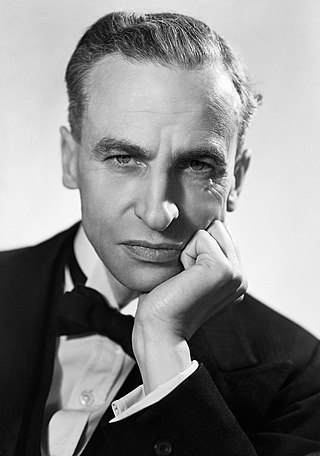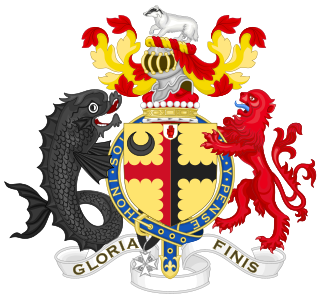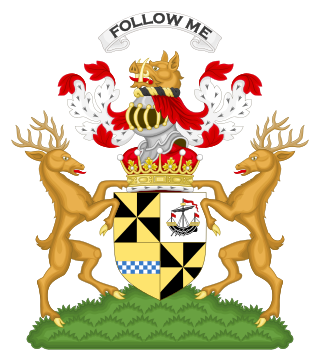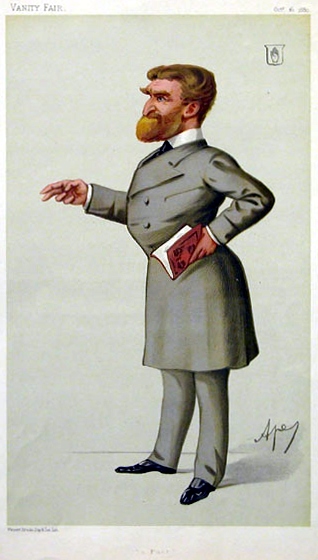| Viscountcy of Thurso | |
|---|---|
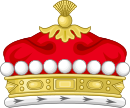  Quarterly: 1st, Azure a Ship at anchor her oars erect in saltire within the Royal Tressure Or; 2nd and 3rd, Or a Lion rampant Gules; 4th, Azure a Ship under sail Or; over all dividing the quarters a Cross engrailed quarterly Argent and Sable all within a Bordure quartered Or and Gules the last charged with three Stars of the first | |
| Creation date | 10 April 1952 |
| Created by | Queen Elizabeth II |
| Peerage | Peerage of the United Kingdom |
| First holder | Archibald Sinclair, 1st Viscount Thurso |
| Present holder | John Archibald Sinclair, 3rd Viscount Thurso |
| Heir apparent | the Hon. James Alexander Robin Sinclair |
| Subsidiary titles | Baronet of Ulbster |
| Status | Extant |
| Seat(s) | Orchard Cottage Thurso Castle |
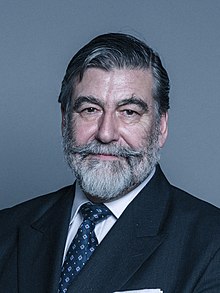
Viscount Thurso, of Ulbster in the County of Caithness, is a title in the Peerage of the United Kingdom. [1] It was created on 11 June 1952 for the Scottish Liberal politician and former Secretary of State for Air, Sir Archibald Sinclair, 4th Baronet. His son, the second Viscount, served as Lord Lieutenant of Caithness from 1973 to 1995.
Contents
- Sinclair baronets, of Ulbster (1786)
- Viscounts Thurso (1952)
- Male-line family tree
- Line of succession
- See also
- Notes
- References
- External links
As of 2016 [update] the titles are held by the latter's son, the third Viscount, who succeeded in 1995. Known as John Thurso, he is a Liberal Democrat politician. Thurso lost his seat in the House of Lords after the passing of the House of Lords Act 1999, but was elected to the House of Commons in 2001, thereby becoming the first hereditary peer of the United Kingdom allowed to sit in the Commons without first disclaiming his title; he held his seat until his defeat in the 2015 general election. On 19 April 2016, he re-entered the Lords following his election by the remaining Liberal Democrat hereditary peers after the death of Lord Avebury. [2] The third Viscount also became Lord Lieutenant of Caithness in 2017. [3]
The Sinclair baronetcy, of Ulbster in the County of Caithness, was created in the Baronetage of Great Britain in 14 February 1786 for the first Viscount's great-great-grandfather, the Scottish politician and writer John Sinclair. [4] Both his son, the second Baronet, and grandson, the third Baronet, represented Caithness in the House of Commons. The latter was the grandfather of the fourth Baronet, who was elevated to the peerage as Viscount Thurso in 1952.
The family seat is Thurso Castle in the Scottish Highlands.


